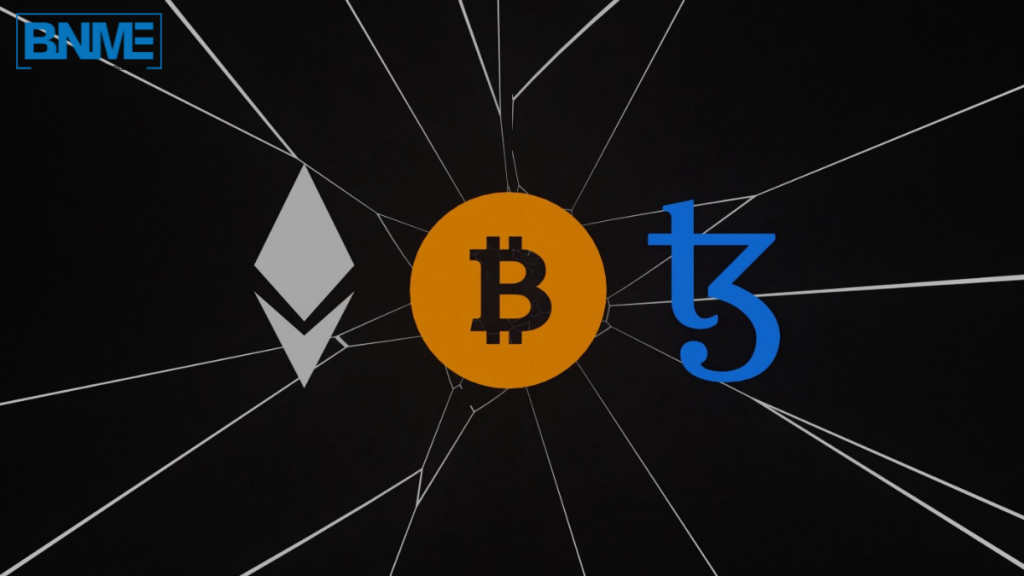Web3 lingo is everywhere, from Twitter to Reddit, Facebook, Quora, and other social media platforms. These specific terminologies are used in referring to a series of processes involved in the blockchain industry. If you are looking to update your blockchain glossary and learn some critical web3 lingo, you are in the right place. Some essential terminologies that you need to know have been highlighted below.
Decentralized finance
Decentralized finance, commonly referred to as DeFi, is a financial system built and created upon blockchain. Decentralized finance cannot be completely distributed, has no single individual claiming to own it, and is not subject to centralized authority.
Non-fungible tokens
Non-fungible tokens, popularly referred to as ‘NFTs,’ show the ownership of items, particularly unique ones. NFTs allow for the tokenization of arts, real estate, collectibles, and a wide variety of other items. Ownership of NFT cannot be copied or modified on the Ethereum blockchain.
Block
A block is a set of transactions recorded on the blockchain. As the name suggests, they are stored in blocks. Each block has information about the block preceding it. It allows for the free flow of communication between them.
Blockchain
A blockchain is a technological framework for Web 3. It is a ledger that is used to keep records of transactions digitally. The immutability of its database ensures that information stored on the ledger cannot be tampered with in any way, i.e., it is secure. The name ‘blockchain’ came about due to its ability to store data in blocks.
Bitcoin
Bitcoin ‘BTC’ started in 2009. It is currently the most popular cryptocurrency in the world. Bitcoin is a virtual currency designed to serve the purposes money serves. That is, it is a form of payment for buying items, etc. One person or a group cannot control it; hence, third-party involvement is not needed.
Smart Contract
In the blockchain, particular pieces of code are stored. These codes are then activated after specific requirements have been met. Smart contracts help perform operations such as buying non-fungible tokens, transferring funds, transfer of ownership, etc., when executed.
Cryptography
Cryptography refers to a process of using mathematical codes to protect information from fraudulent people.
Cryptocurrency Tokens
Cryptocurrency tokens are usually created and built on existing blockchains. Cryptocurrency tokens are value units that carry out particular functions.
Cryptocurrency Wallets
A cryptocurrency wallet is a device that stores all the passwords that give you access to your cryptocurrencies. They work by keeping your passwords safe and providing access to your cryptocurrency.
Centralized system
Centralized systems refer to a system with an exceptionally rigid structure of doing things according to a hierarchical structure. The decision-making and authority are placed in the hands of a few people at the top of the hierarchy.
Decentralized system
Unlike the centralized system, a decentralized system refers to a system controlled and organized equally by all parts that constitute it. Blockchains are decentralized. Thus, no one can exert excessive control over how it is run.
Conclusion
Web3 is extensive, and new concepts and terms keep emerging every day. It is pertinent to stay aware of all web3 lingo and update your blockchain glossary with new ones to come, as they are the future of Web3.




























